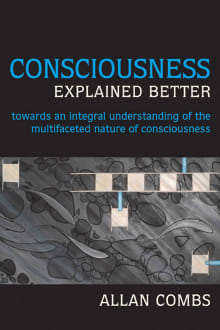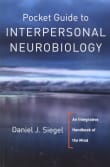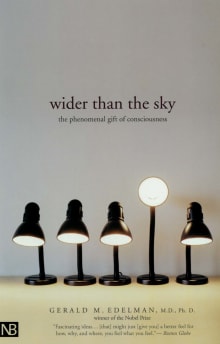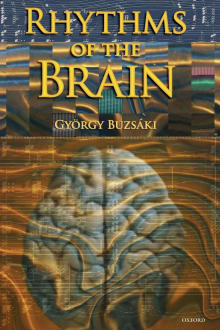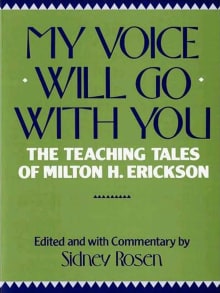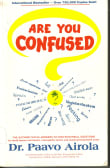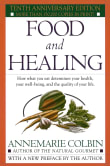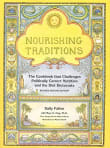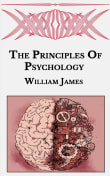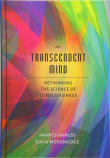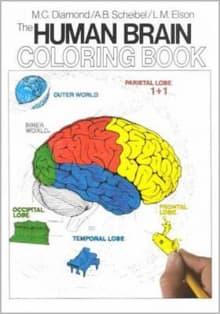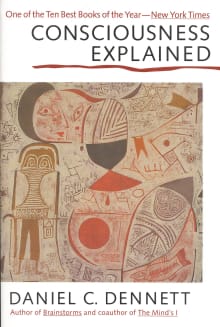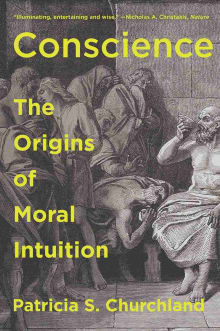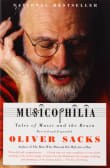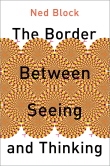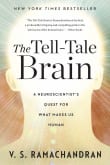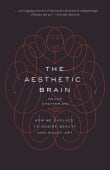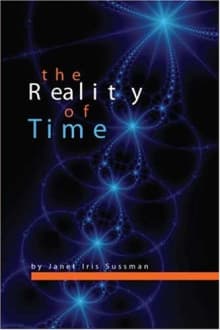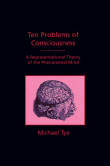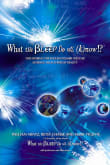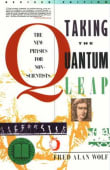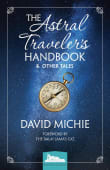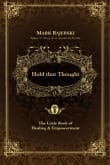Why am I passionate about this?
I have spent my entire professional life quietly patrolling the frontiers of understanding human consciousness. I was an early adopter in the burgeoning field of biofeedback, then neurofeedback and neuroscience, plus theory and practices of humanistic and transpersonal psychology, plus steeping myself in systems theory as a context for all these other fields of focus. I hold a MS in psychology from San Francisco State University and a PhD from Saybrook Institute. I live in Mount Shasta CA with Molly, my life partner for over 60 years. We have two sons and two grandchildren.
Jim's book list on brain, mind, and consciousness

Why did Jim love this book?
I have only recently become acquainted with Allan Combs, and consider myself very fortunate to be in correspondence with him regarding my book. As a serious student of synchronicity, I had read his book by that title (written with Mark Holland) and knew him to be a delightful writer and deep thinker on topics dear to my heart. Consciousness Explained Better, which demonstrates Allan’s depth and scope as a teacher of consciousness studies, contributed the perfect excerpt needed to support a concept at the very core of my book.
1 author picked Consciousness Explained Better as one of their favorite books, and they share why you should read it.
Consciousness Explained Better is a unique contribution. This compact volume represents thousands of years of humanity's struggle to understand consciousness from a wide variety of perspectives. It is an up-to-date digest of the search in bite-sized chapters. Allan Combs has managed to encapsulate and synthesize vast bodies of thought and research without dilution. He has made even the most mind-twisting arguments and questions comprehensible, and he has brought forward scholarship and rigorous inquiry in language that speaks to the heart as well as the head. This book satisfies with its comprehensiveness yet intrigues with all that still remains enigmatic. It…
- Coming soon!
